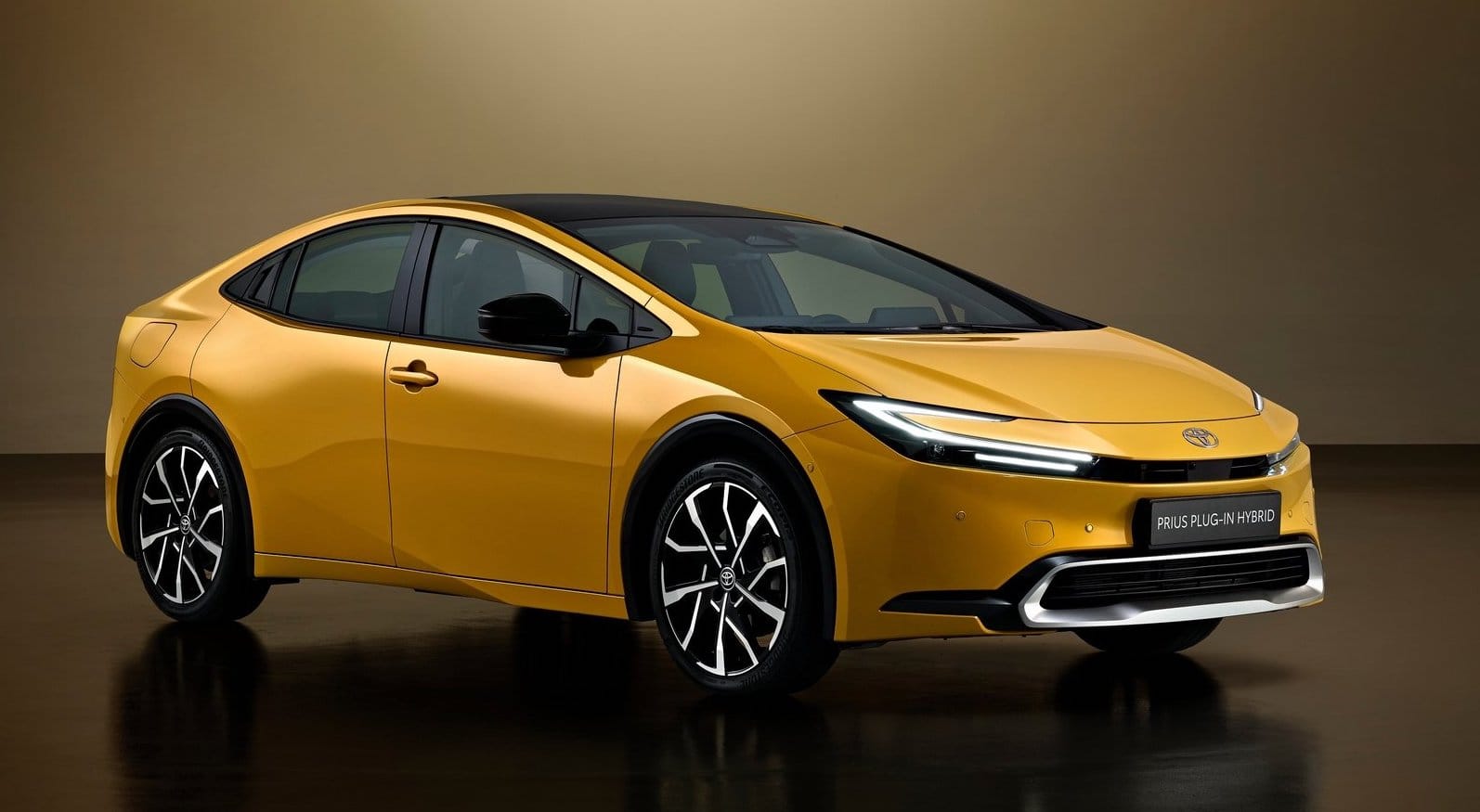For Heatmap: Why Hybrid Cars Still Matter

As unpredictable as world events have been recently, very few people would’ve put money on the humble Toyota Prius getting a stunning makeover for 2023. Somehow, that’s exactly what happened. Now the all-new, fifth-generation Prius hybrid boasts sleek, almost sports-car-like looks to go with its impressive 57 miles per gallon.
The Prius will need every advantage it can muster. Its sales have been down for years, and hybrid cars also feel almost anachronistic compared to the new crop of high-range, high-performance electric vehicles hitting the market. Why go hybrid when you’re about to have more options than ever when it comes to breaking up with gasoline entirely?
Even the Biden Administration’s Inflation Reduction Act seems to be reinforcing this idea. While the act modernized how EV and plug-in hybrid tax credits work, regular hybrids without plugs have been left out in the cold. In other words, if you want an American-made EV like a Ford F-150 Lightning, you now qualify for a $7,500 tax break; but if you want a hybrid F-150 or Maverick pickup truck, you’re out of luck because those don’t have plugs.
Furthermore, the hybrid — long the standard-bearer for eco-friendly driving — seems to have a target on its back. “Hybrid cars are still incredibly popular, but are they good for the environment?,” NPR wondered in February, probably much to the chagrin of listeners, many of whom have enjoyed “All Things Considered" while commuting in their own hybrids.
This is all deeply unfortunate, especially given how quickly we need to reduce emissions to avoid the worst outcomes of climate change. Whether there's a plug or not is also the wrong way to think about hybrids.

